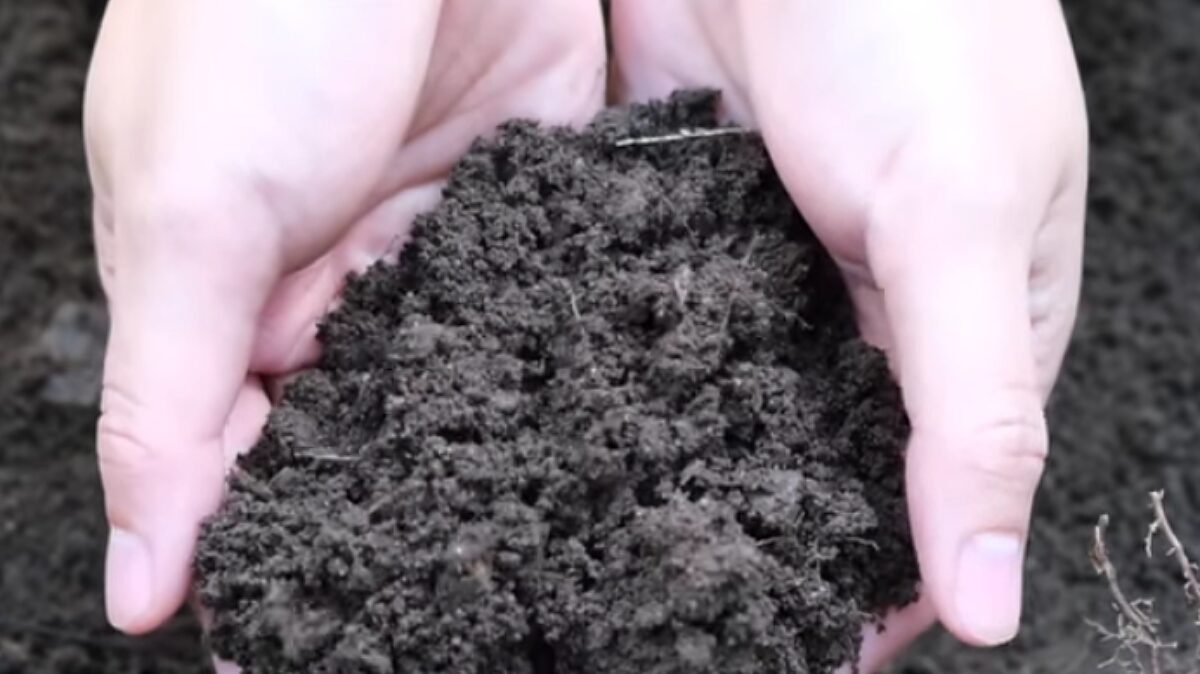Setting the Table for Sustainability
TOPICS
Sustainable EnvironmentZippy Duvall
President

photo credit: Massachusetts Farm Bureau Federation, Used With Permission
Zippy Duvall
President
Farmers don’t like to brag. We value a hard day’s work, doing right by our neighbors, caring for our families, and growing the food we all depend on. We all want to leave our land better than we found it, and we had hoped our actions would speak for themselves. For a long time, we didn’t talk much about our achievements in sustainability, mostly because so many climate-smart practices, as we call them now, had become common in the last few decades. But we soon learned that if we don’t tell our story, someone else will, and they might not get it right. At Farm Bureau, we decided it was time to change the narrative on sustainability. We know that farmers and ranchers have a great story to tell, and we should all be proud to share it.
This work really took off nearly two years ago with the launch of Farmers for a Sustainable Future, a coalition of agriculture groups co-founded by Farm Bureau and committed to telling agriculture’s sustainability story. AFBF economists crunched the numbers on how farmers have been reducing their environmental impact, and together we shined the spotlight on climate-smart farming practices.
We shared how U.S. agriculture is leading the way in reducing our environmental impact, contributing just 10% of greenhouse gas emissions. We have been proud to share stories and statistics most consumers hadn’t heard, like how farmers have enrolled more than 140 million acres for conservation practices—a land mass equal to the size of California and New York combined. We also wanted folks to know that farmers nearly tripled production in this country without increasing our resources. Thirty years ago, it would have taken nearly 100 million more acres to produce what U.S. farmers grow today. We showed our commitment to healthy soil and clean air, by telling how we are reducing tillage, capturing carbon, and using and producing renewable energy. Together, we have demonstrated how farmers must be treated as partners in sustainability because we are already committed to the work of ensuring our land remains healthy for generations to come.
We’re not going to change the narrative about agriculture by sitting on the sidelines.
We also knew it was time for agriculture to come to the table on climate policy discussions or we were going to be on the table. This led the American Farm Bureau to join in forming a historic group, the Food and Agriculture Climate Alliance, which brought together agriculture, food, forestry and environmental groups for the first time to set climate policy goals. We knew that we needed to find common ground in order to set a path forward to achieve sustainability goals that recognize farmers’ achievements and treat us as partners. I’m proud to say FACA has been leading the climate discussions in Washington. Thanks to our united efforts, the Senate overwhelmingly passed the Growing Climate Solutions Act, which would help to advance market-based, voluntary solutions to achieve sustainability goals. This bipartisan bill—which passed with a whopping 92 votes—marks just how far we’ve come on climate discussions in agriculture.
But our work here is far from done. This week’s UN Food Systems Pre-Summit marked another opportunity to share American agriculture’s story. This event is met with a lot of healthy skepticism by farmers, and with good reason as the UN has not traditionally recognized the advances of climate-smart farming in the U.S. But if we have learned anything over the last couple years, it’s that we can slowly but surely turn the tide. One thing is certain, we’re not going to change the narrative about agriculture by sitting on the sidelines. The words of Kip Tom have stuck with me. He was the U.S. ambassador to the United Nations Agencies for Food and Agriculture (FAO) in the previous administration. He urged U.S. farmers and ranchers to play a role in this UN dialogue because our voices – and therefore our successes – are missing. I applaud our friends and partners at USFRA and the Animal Ag Alliance for taking this opportunity and hosting forums leading up to the Pre-summit. We need to be at the table and, when necessary, set up our own table at parties we’ve not traditionally been invited to attend. There is still time to engage. UN Food System Summit events continue throughout 2021.
Our research and experience have shown us that consumers want to hear from farmers and that they hold a high level of trust in us. By the way, that applies specifically to the topic of food production’s impact on the climate, according to our latest research, which shows farmers are the most trusted from among many professions. The more we share the positive stories of the work we’re doing to protect the soil and absorb carbon, the greater an impact we can have together. When it comes to sustainability, farmers and ranchers need to get a little more comfortable bragging on the good work we have done together even as we carry on our journey of continuous improvement.
Zippy Duvall
President
Vincent “Zippy” Duvall, a poultry, cattle and hay producer from Greene County, Georgia, is the 12th president of the American Farm Bureau Federation.